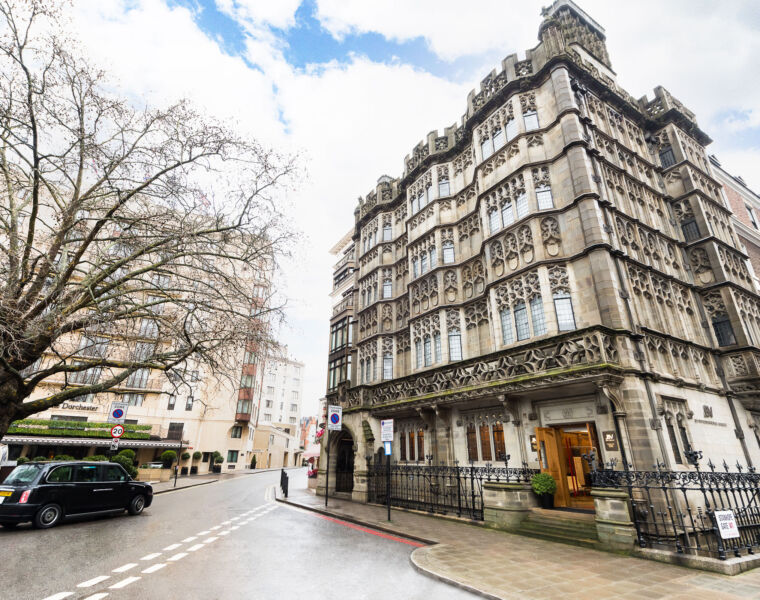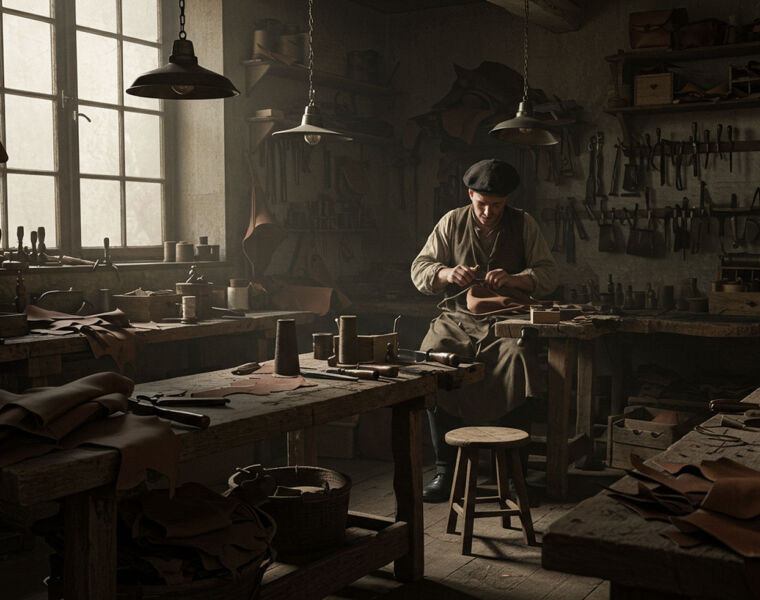
PG: How did the toy collecting start?
DP: I had always been interested in Science Fiction, I did my thesis on the subject at college. I started to do some car boot sales and attended antique fairs with my wife Linda and found myself picking up toys, things I liked, space stuff. I’ve always liked toys, Major Matt Mason, Action Man and science fiction books from the 20s and 30s, I loved the artwork.
We opened up a small shop in Dumfries, we’d been there for five years and then our landlord passed away. We did try to buy the shop, but someone else bought it. Luckily, the person who bought the shop had another larger shop in Wells Street, Moffat, we were offered a good deal so we took it. That was eighteen years ago!
 We originally allowed others to share the space in the new shop, but as they went, we found we needed the space they left behind for our own growing inventory. We used to get our stock from auctions and fairs, but we found there was no longer a need to do this. So much stuff was coming in, we didn’t have to go to auctions to buy it. People would come in and say someone had just passed away and would ask if they could bring it in for us to see.
We originally allowed others to share the space in the new shop, but as they went, we found we needed the space they left behind for our own growing inventory. We used to get our stock from auctions and fairs, but we found there was no longer a need to do this. So much stuff was coming in, we didn’t have to go to auctions to buy it. People would come in and say someone had just passed away and would ask if they could bring it in for us to see.
During this time, I was still buying toys from auctions and doing toy fairs in Glasgow and Birmingham three or four times each year.
PG: What types of toys were you collecting, and what was the lure?
DP: Space and anything with great graphics. Even magazines such as, I think it was called the New Mechanic from the 40s and 50s. It had great graphics on the front showing ships that still haven’t been built today. Some of the stuff was fantastic. Basically, it was pretty much anything to do with space.

PG: When you were collecting was it purely an emotional-linked purchase or were you thinking, I could buy it and flip it?
DP: No, I would buy something and I would say, “I’m keeping that” and maybe sell something else. Eventually, my collection was so large, I had to take the door off the dining room! I had the toys on show but over time, I had so much – boxes of toys piled from floor to ceiling, you could no longer see any of the toys. When the shop in Moffat came along, I realised that I could use the upstairs to display the toys properly and thought, why don’t I just open up a museum? I cleared the floor, built the units and started putting everything out. It took me about a year with all the photography and cataloguing before I opened it.
Now that I had the basics, I started to go to more toys fairs, picking up space toys and putting them on display. I also started to buy teddy bears and dolls from different era’s. Toys from the 1880s to 1990, I wasn’t really keen on anything past that.
PG: Do you have a favourite toy and are there any you’ve regretted selling?
DP: No, honestly, I don’t have a favourite toy, I liked all my toys. I’ve never regretted selling a toy.
 PG: What did people think when they saw the collection?
PG: What did people think when they saw the collection?
DP: People were coming in and saying to me, “Wow, that was a blast from the past”. I recall someone saying to me, “Why haven’t you got any action men?” And I said: “Did you check the little room off the big room? There’re action men and every space outfit and space toy they’ve ever made!” There were so many toys on display that people kept missing things. Many visitors often said there was too much to look at, it was hard to take it all in.
I also remember someone saying to me, “You don’t have any Evel Knievel toys”, and I replied, “You’re right, I don’t like them!” I had to constantly remind people that although it is a toy museum, it was actually my own private toy collection and I only displayed things that I liked or took my fancy.
PG: You must have had countless people asking if they could buy a toy?
DP: Anyone who asked, I would tell them nothing is for sale. The idea was to have toys on display so that I could enjoy them and they could enjoy them. I was always telling people, “That’s not for sale, I’m sorry”. I actually had a sign stating, “Yes, you are correct, nothing up here is for sale!”




You must be logged in to post a comment.